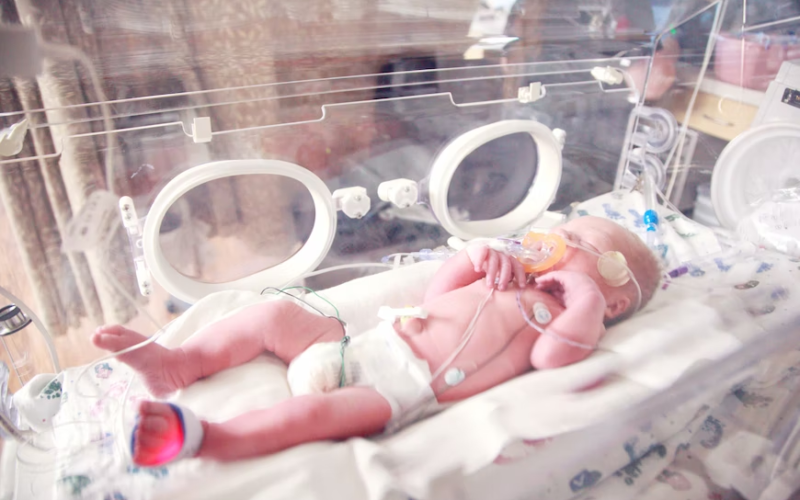GERD happens when the acid from inside of the stomach flows back into the esophagus – the tube that connects the mouth to the stomach. As the acid makes its way up the tube (acid reflux) it causes an irritation of the lining on the inside of the esophagus.
It is not uncommon to experience acid reflux on the odd occasion. Where it happens on a more frequent basis – a couple of times per week – this is considered to be GERD.
In most instances, sufferers are able to manage the discomfort that it causes through making changes to their lifestyle. However, in some instances these interventions do not work and so medication is used as an alternative.
In the more severe cases and where all other interventions have been unsuccessful, there is the option of invasive surgery to help ease the symptoms.
GERD Symptoms

Some of the most common symptoms of GERD include regurgitation after eating a meal or having a drink; a strong burning feeling at the centre of the chest; general chest pain; sensation of there being a lump in the throat; and / or difficult to swallow.
There is such a condition as night time based acid reflux. Some of the symptoms of this are very similar and include laryngitis, unsound sleep, a persistent caught, and newly developed or worsened asthma.
You should go and see a doctor when the chest pain is experienced alongside pain in the arm or jaw, and shortness of breath. This is because it may be a sign that you are having a heart attack.
If left untreated, over time GERD can develop into an esophageal ulcer, Barrett’s esophagus, or an esophagus stricture. All of these are serious and so it is important to keep on top of the condition and not aggravate it where possible.
GERD Causes

It is caused as a result of regular acid reflux. Each and every time that a person swallows, the esophagus relaxes and opens up in order to let liquids and foods into the stomach.
This then closes back on itself. If the mechanism of closing is interrupted or if the part of the esophagus that is responsible for doing it is weakened at all, this can allow some of the acid from the stomach to make its way into the esophagus.
Where this happens consistently and over an extended period of time, it can lead to the lining of the esophagus biome irritated and inflamed.
Some of the health conditions that make a person more susceptible to suffering from GERD include scleroderma and other disorders relating to connective tissue; obesity; pregnancy; delayed emptying of the stomach; and / or a hiatal hernia – bulging out of the stomach.
Things that people do to aggravate and bring on a bout of GERD include smoking cigarettes: drinking coffee / alcohol; taking aspirin and other certain medications; eating food that is fried or particularly fatty; and / or eating substantial meals late on in the evening / night.
Anne Keiley
Latest posts by Anne Keiley (see all)
- 9 Best Inversion Tables for Back Pain (2022 Reviews) - April 19, 2024
- 10 Best Massage Chairs for Back Pain (2024 Reviews) - April 19, 2024
- 8 Best Ergonomic Footrests for Home & Office (2024) - April 17, 2024




